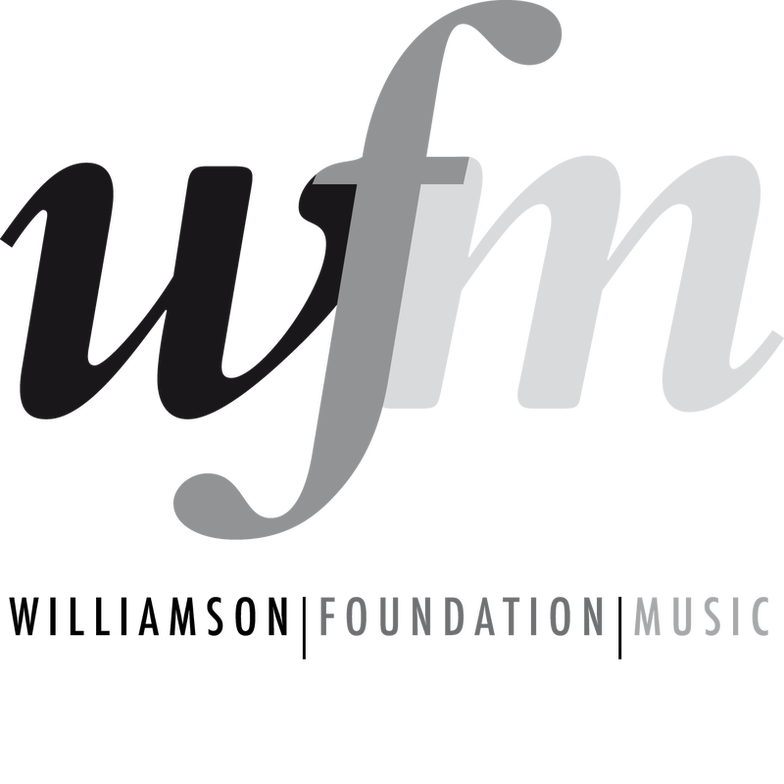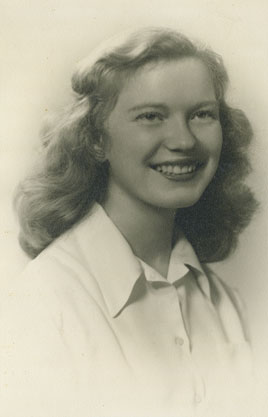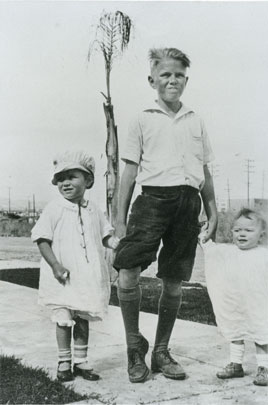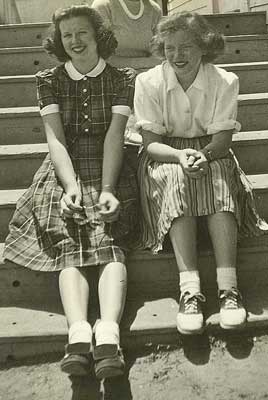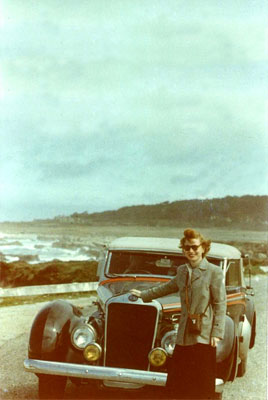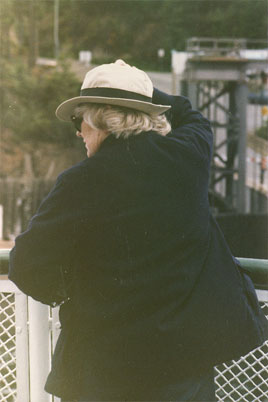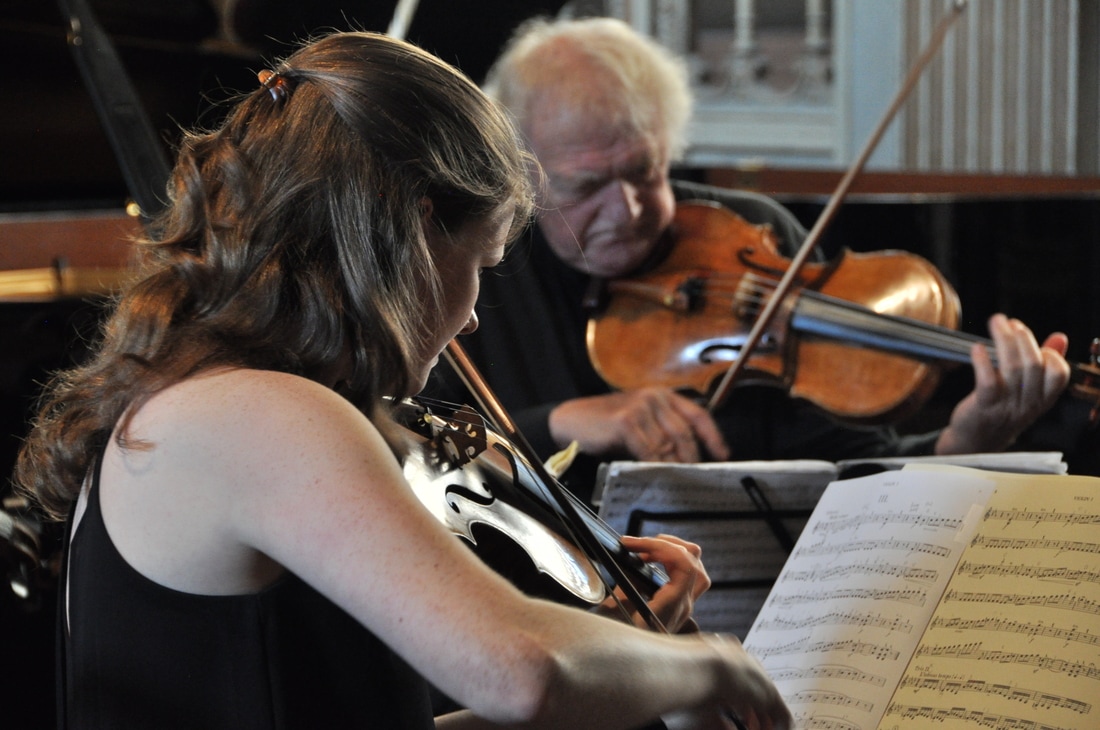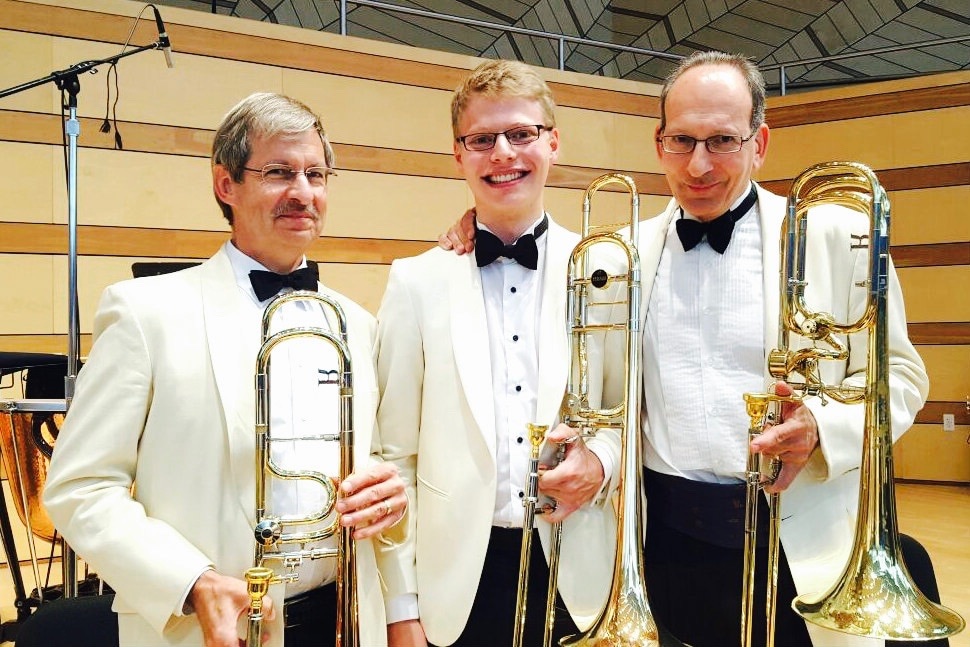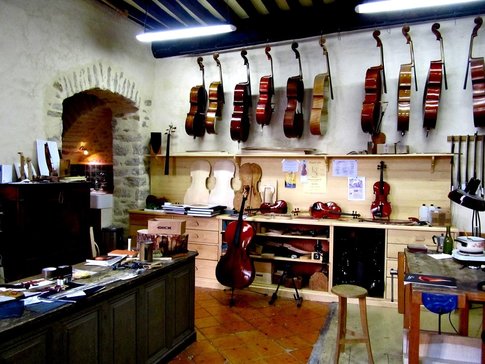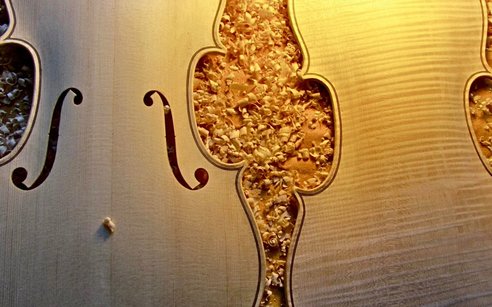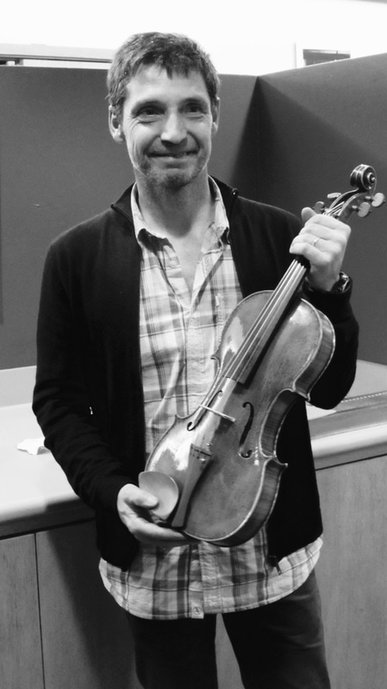BENEFACTORKATE WILLIAMSONKate Williamson was born in 1924 in southern California. Her father, a southerner and her mother, from St Paul, both from patriotic, politically committed democratic families, had moved to California just before her birth. Kate was born a rebel, a red-head and fragile of health. Growing up in Pasadena, on unpaved streets, she preferred to walk her dog Curly in a baby carriage, or later to retreat to her books, rather than mix with her sister’s friends who seemed to her carbon copies one of the other. School also seemed to be urging conformity, at the price of original thinking. Only in high school at Westridge School for Girls, where she was influenced by an inspiring history teacher, did she begin to enjoy the delights of books, and of art. At 14 she had her driver’s license and her first car. After one year at Scripps College, where she defended a pregnant friend against a bigoted administration which expelled the girl, she left in protest. Kate joined the Navy in 1944, aged 20, hoping to help save the world from Hitler. The authority of the Navy over its simple sailors, girls or boys, was a difficult lesson for the rebel, but the cause claimed her total allegiance. Having lost her beloved father when he was only 53, Kate was courted and won by Max Panzer, a Dutch Jewish refugee and a brilliant engineer from Cal Tech. Again her independence expressed itself in the face of the disapproval of her milieu for not having chosen “one of them”.
Years of foreign travel, committed political activity, transfer from southern to northern California ensued. The Panzer household and table in Pebble Beach became known for the good friends, good food, good conversation (and great dogs) to be found there. The dining room was the place where political, literary, philosophical or artistic conversation, often very animated, could be expected. In Carmel, Kate opened first a store selling kitchen equipment, followed a few years later by another selling only the best quality knives. And later, in Big Sur, she created a dry goods store where she hired as manager, the 21 year old Julie Hansen, who has since become President of the Williamson Foundation for Music. Never having had children of her own, Kate formed privileged relations with many youngsters, god-children or offspring of friends. They were treated as people with minds of their own, encouraged to make their own way, take courageous decisions, forge their own values and express themselves openly. Kate bought their paintings, supported their projects, listened to their music but never intervened in their decisions. For the last ten years of her life, Kate Williamson was bedridden. She took enormous interest in the musical projects of young people all over the world, and the letters and photographs as well as the recordings they sent her. When she died on January 19, 2007, she left the Williamson Foundation for Music sufficient funds to pursue its work encouraging independent and original young musicians. |
WFM'S FOCUS
PHILANTHROPY
The Williamson Foundation for Music focuses its philanthropic efforts in two main categories : funding students, either directly or through institutions, and commissioning instruments to be donated to either students or institutions in need.

